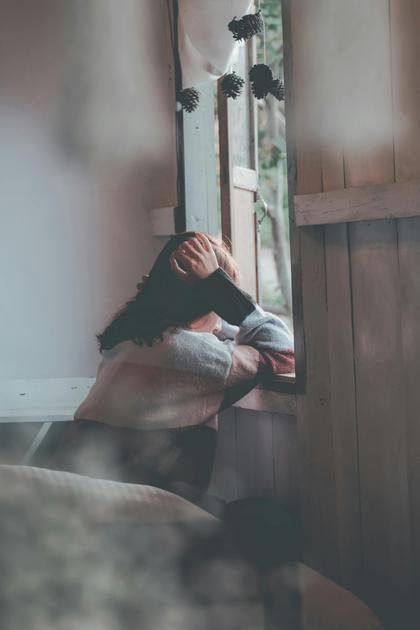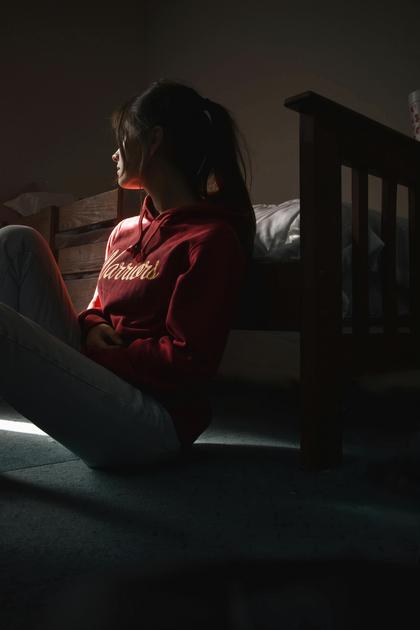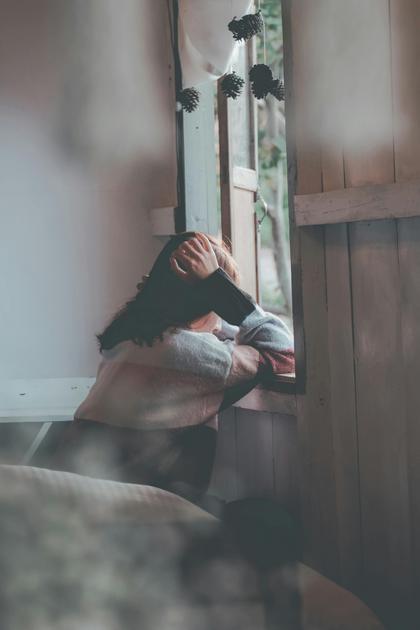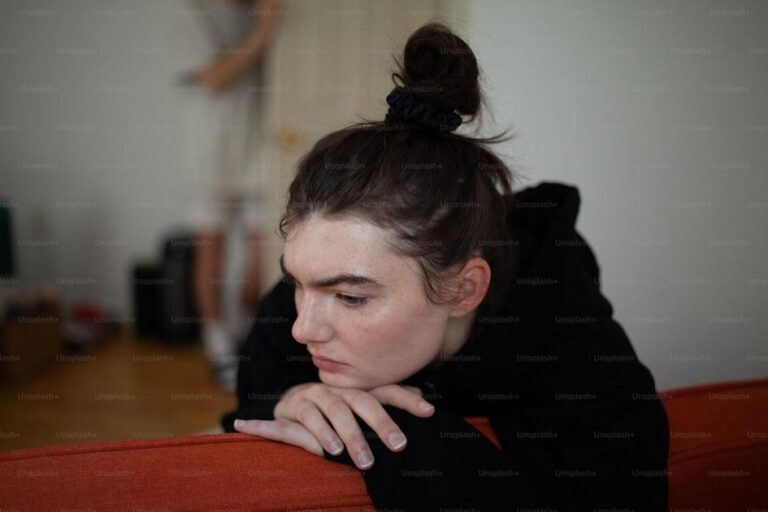Anxiety Triggers in Women Over 30: Understanding Hormonal Connections
Have you ever felt that your anxiety triggers are more intense as you age? For many women over 30, this emotional turbulence can often be tied to hormonal changes. Understanding this connection is crucial in navigating your feelings and reclaiming your peace. In this article, we’ll delve into how hormonal fluctuations can affect anxiety levels, shedding light on the silent struggles that many women face.
Understanding Anxiety Triggers in Women
Anxiety can be a quiet storm for many women over 30. It often creeps in when we least expect it, causing feelings of dread and worry. Many factors contribute to these triggers, including life changes, work pressure, and relationships. Each woman’s experience with anxiety is unique, shaped by her personal circumstances.
One key factor is the transition that often occurs in this stage of life. Many women are balancing careers, family, and aging, all while navigating the complexities of their own emotions. Acknowledging these triggers is the first step in managing anxiety effectively.
How Hormones Impact Our Emotions
Hormones play a vital role in our emotional well-being. For women over 30, hormonal fluctuations, particularly during perimenopause and menopause, can significantly affect mood and anxiety levels. Estrogen and progesterone, key hormones, can influence neurotransmitters in the brain that regulate mood.
When hormonal levels drop, it can lead to increased feelings of anxiety and sadness. Understanding this connection helps in recognizing that these feelings are not a personal failure but a natural part of life’s journey. This knowledge can be empowering and provide a sense of control.
Recognizing Common Anxiety Symptoms
Anxiety manifests in various ways. For women over 30, common symptoms may include:
- Restlessness: Feeling on edge or unable to relax.
- Fatigue: Constant tiredness, even after a full night’s sleep.
- Sleep Problems: Difficulty falling asleep or staying asleep.
- Irritability: Heightened sensitivity to stress or frustration.
- Physical Symptoms: A racing heart, tightness in the chest, and muscle tension.
Identifying these symptoms is crucial in understanding the full impact of anxiety. Recognizing their presence allows women to take proactive steps in managing their anxiety and improving their emotional health.
The Role of Stress in Hormonal Imbalance
Stress is another significant player in the anxiety game. When our bodies experience chronic stress, it can lead to hormonal imbalance. High levels of cortisol, the stress hormone, can disrupt the delicate balance of estrogen and progesterone.
This imbalance can further exacerbate feelings of anxiety and mood swings, creating a vicious cycle. Managing stress through various techniques, such as deep breathing exercises and physical activity, can help restore balance and reduce anxiety symptoms.
Natural Ways to Manage Anxiety
Finding natural methods to manage anxiety can be incredibly beneficial for women over 30. Consider these strategies:
- Exercise: Regular physical activity can boost endorphins, improve mood, and reduce anxiety.
- Nourishing Diet: Eating a balanced diet rich in fruits, vegetables, and whole grains can affect mood positively.
- Herbal Supplements: Some women find relief from herbal remedies, such as chamomile or valerian root.
- Sleep Hygiene: Prioritizing sleep can enhance mental clarity and emotional resilience.
Implementing these practices into daily life can help manage anxiety naturally and lead to a more peaceful state of mind.
The Importance of Community Support
Social support is invaluable. Women often find comfort in sharing their experiences with others who understand. Connecting with friends, family, or support groups can provide a sense of belonging.
Talk openly about feelings. Creating a safe space to express concerns and anxieties can alleviate feelings of isolation. Community support not only reduces anxiety but also fosters resilience and hope.
Lifestyle Changes for Better Mental Health
Small changes in daily routines can lead to significant improvements in mental health. Here are some suggestions:
- Mindfulness Practices: Activities like meditation or yoga can enhance mental clarity and reduce anxiety.
- Limiting Caffeine: Reducing caffeine intake can help with jitteriness and anxiety levels.
- Establishing Routine: A consistent daily routine can provide structure and reduce feelings of chaos.
- Setting Boundaries: Learning to say no is essential for preserving mental health.
Implementing lifestyle changes can lead to a profound shift in emotional well-being.
Exploring Professional Help Options
Sometimes, professional help is necessary. Therapists, counselors, and doctors can provide valuable insights and treatment options. Cognitive Behavioral Therapy (CBT), for example, can be highly effective in treating anxiety by helping individuals identify negative thought patterns.
Medication may also be an option for some women, especially when anxiety significantly impacts daily life. Speaking to a healthcare provider about symptoms can open doors to various approaches and support.
Embracing Mindfulness and Self-Care
Mindfulness and self-care practices can serve as powerful tools against anxiety. Taking time for oneself is not selfish; it’s essential for emotional well-being. Simple practices like reading a book, taking long baths, or spending time in nature can bring joy and peace.
Focus on personal interests and hobbies. Engaging in activities that bring fulfillment can divert attention from anxiety and foster a sense of purpose.
Taking Steps Toward Emotional Wellness
Every step taken toward emotional wellness counts. It’s important to recognize that feelings of anxiety do not define who you are. Being proactive about mental health creates an empowered mindset and fosters hope.
Many women have navigated similar challenges and discovered ways to thrive. Remember, taking small, deliberate actions can pave the way toward a more balanced and peaceful life. Embrace the journey and trust that you can improve these symptoms—it’s a path so many women have walked before you. Explore more about finding your solutions today, and know that brighter days are ahead.













